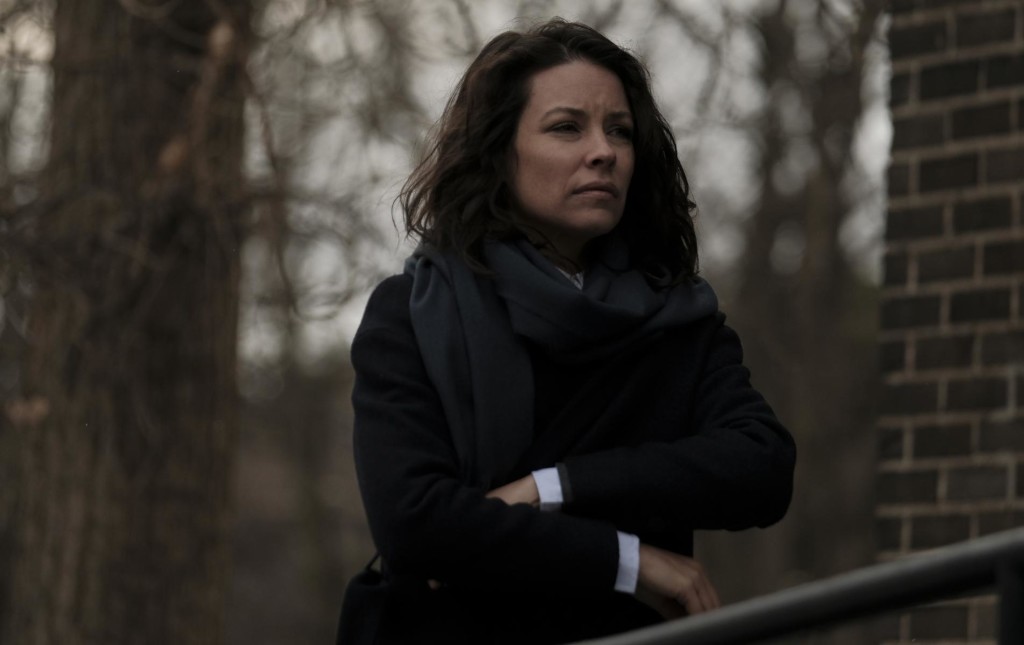First thing I thought when I heard about “Crisis”, and the fact that it deals with the opioid crisis, was that the topic might be irrelevant or at least not a priority. When I hear “opioid”, I usually think of the war on drugs back in the 80’s and I feel like the crisis must’ve taken a new shape and name by now. As the movie shows us, the crisis has indeed taken a new shape, one that is friendlier and more scientific though still as destructive. However, it never changed names, showing the world the magnitude of the epidemic that stood strong and only managed to grow stronger and closer to our lives in the face of decades of public fights and wars.

Evangeline Lilly Plays a Mother Who Suffers A Great Loss In “Crisis”
“Crisis” tracks 3 strangers over the course of a few days when their lives are rocked hard when they cross paths with opioid. A mother who suffers a great loss, a scientist who has his morals violently tested and a cop who seeks personal and professional redemption. Through our 3 stories, “Crisis” draws a full picture of how opioid threatens our lives. How it became so easily accessible and how ferociously protected, sometimes by the same bodies we depend on to keep us safe from it.
Our stories rarely ever meet but it’s easy for the audience to link all the angles together. I never felt like I was watching 3 short films in one full length feature. The timing of switching from one story to the other was the key to perceiving the whole film as one solid fabric. It had the drama at the top of its priorities and kept the pace of all the stories consistent. I couldn’t help but feel for the characters and relate to their ordeals and I think that was the philosophy that Nicholas Jarecki intended in order to serve the purpose of raising awareness to the crisis. Not just by informing the audience of all its angles, but to make it easy for them to imagine their lives affected by it.
Great casting choices also helped supply the needed depth to the characters and their stories. Although the particular casting of Armie Hammer backfired by his own personal PR crisis and affected the film marketing negatively. It’s only fair to say though that he did just as good of a job as the two other leads of the two other stories; Gary Oldman and Evangeline Lilly.
The element that worked against the influence of each story independently is how similar they were to other works of drama that tackled the exact angles with greater depth and more generous durations. For example, I couldn’t chase away the similarity of the storyline of Dr. Tyrone Brower, portrayed by Gary Oldman, to that of Michael Mann’s “The Insider”, and of course the comparison cannot work in favour of “Crisis”. Typical similarities can be found between the two other sub stories and other influential films as well.
“Crisis” is an important and good film. It balances its purpose and identity very well. At the end of the day, if I walked out of it with the amount of knowledge and awareness that I learnt, then it was a time well spent .. and I didn’t walk out with just that.

